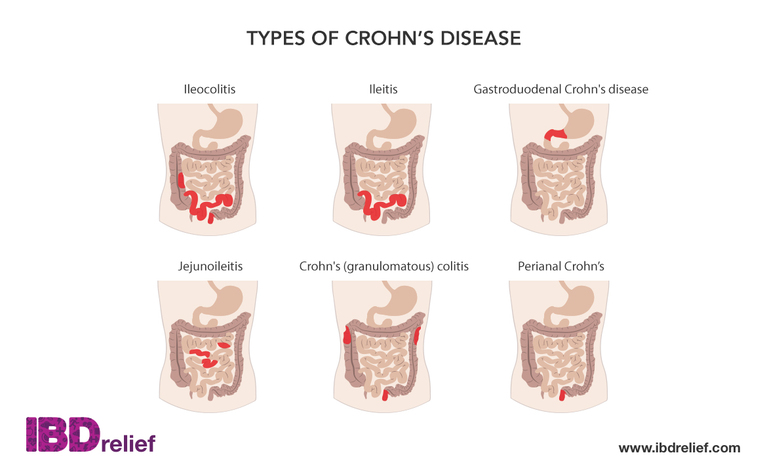
Crohn’s disease is a chronic, lifelong condition which is part of a group of conditions known as inflammatory bowel disease (IBD). It causes inflammation of the gastrointestinal tract (gut).
Crohn’s disease is a chronic, lifelong condition which is part of a group of conditions known as inflammatory bowel disease (IBD). It causes inflammation of the gastrointestinal tract (gut). This inflammation can be anywhere from the mouth to the anus and most commonly affects the end of the small bowel (the ileum) and the beginning of the colon.
Crohn’s disease is named after Dr Burrill B. Crohn, who first described the disease in 1932 along with colleagues Dr. Leon Ginzburg and Dr, Gordon D. Oppenheimer.
The other main type of IBD is ulcerative colitis (UC). Crohn’s disease and UC share some of the same symptoms, but it is important to understand that they affect different areas of the gut.
While Crohn’s disease can affect any of the gastrointestinal tract (GI tract) UC just affects the colon (large intestine) and rectum. Crohn’s disease can also affect the entire thickness of the digestive tract wall, while UC only involves the innermost lining of the colon. Crohn’s disease may also skip areas - meaning you could have inflammation near you mouth and also in your small bowel but no where in between.
It is thought to be an autoimmune condition.
There is no known cure for Crohn’s disease. Some people have surgery to remove parts of their gut which are affected but inflammation could return at another time and having this surgery doesn’t necessarily remove all of the symptoms of IBD.
Crohn's disease symptoms vary greatly depending on where you have inflammation.
Some of the common symptoms of Crohn’s disease include:
Depending on where you have inflammation will depend on the type of Crohn’s disease you have. The types of Crohn’s disease are:
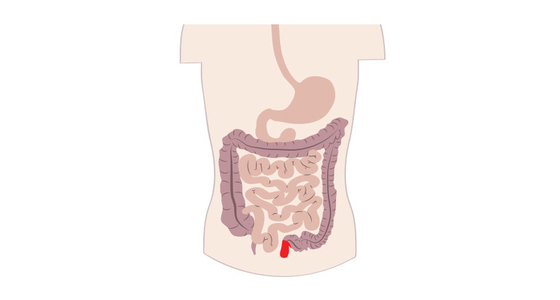
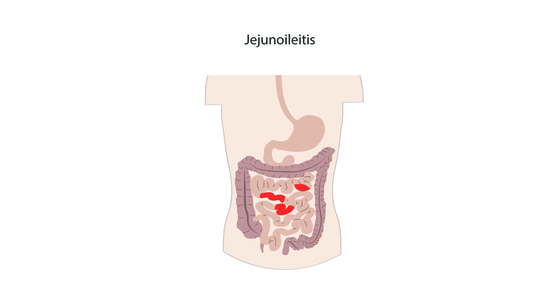
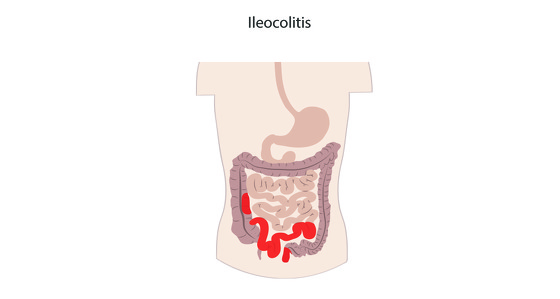
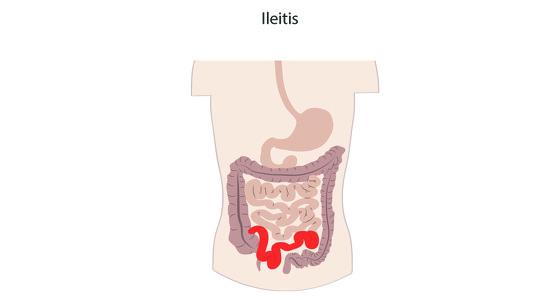
There is no one method of diagnosing Crohn’s disease. If you have been suffering from Crohn’s-type symptoms for several weeks or more then the following tests may be carried out:

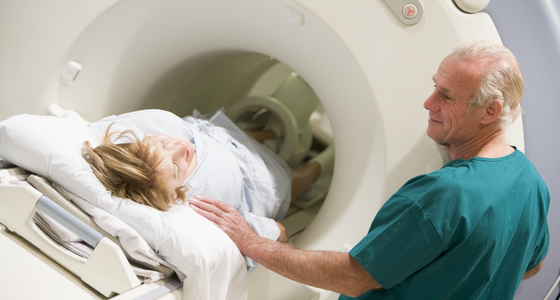
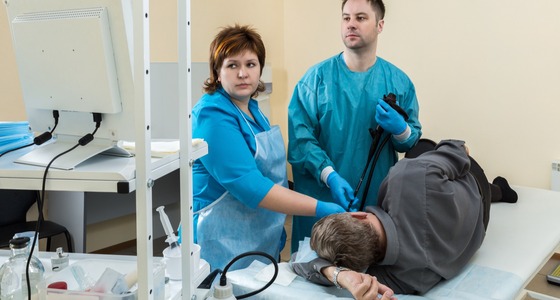

Unfortunately there is no known cure for Crohn’s disease.
The main methods of treating Crohn's disease used by healthcare are:


Some people also make changes in their lifestyle to help manage some of the life-affecting symptoms of the condition.
These include:
No one really knows what the exact cause of Crohn’s disease is. The cause is often put down to a number of factors including:
There are millions of people around the world who suffer from Crohn’s disease so it’s important to remember that you are not alone. It can affect people of all ages, including children, however it most commonly first develops between the ages of 16 - 30. A large number of cases also develop between 60 - 80.
People with Crohn’s disease often go through periods of flare-ups where they have severe symptoms and periods where their symptoms are more mild or non-existent. Someone with the disease who isn’t displaying any symptoms is known to be in remission.
Over time there are various complications that can occur as a result of Crohn’s disease. These include:






